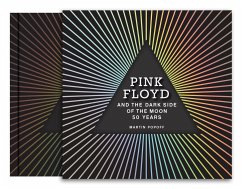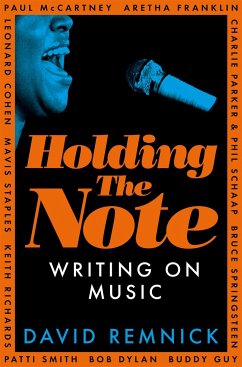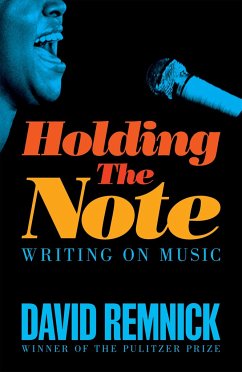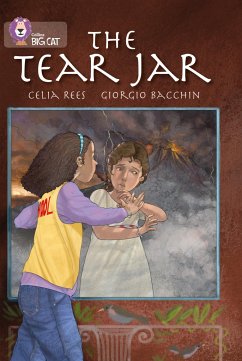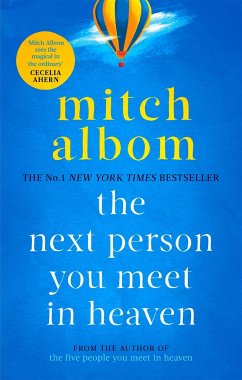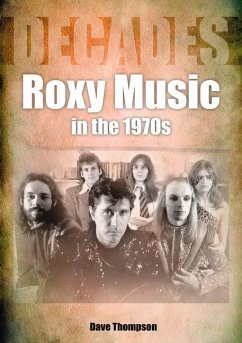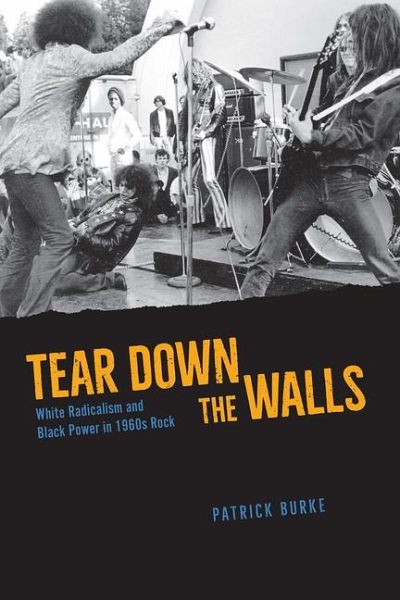
Tear Down the Walls
White Radicalism and Black Power in 1960s Rock

PAYBACK Punkte
19 °P sammeln!
"Rock and roll's most iconic, not to mention wealthy, pioneers are overwhelmingly white, despite their great indebtedness to black musical innovators. Many of these pioneers were insensitive at best and exploitative at worst when it came to the black art that inspired them. Tear Down the Walls is about a different cadre of white rock musicians and activists, those who tried to tear down walls separating musical genres and racial identities during the late 1960s. Their attempts were often naèive, misguided, or arrogant, but they could also reflect genuine engagement with African American music...
"Rock and roll's most iconic, not to mention wealthy, pioneers are overwhelmingly white, despite their great indebtedness to black musical innovators. Many of these pioneers were insensitive at best and exploitative at worst when it came to the black art that inspired them. Tear Down the Walls is about a different cadre of white rock musicians and activists, those who tried to tear down walls separating musical genres and racial identities during the late 1960s. Their attempts were often naèive, misguided, or arrogant, but they could also reflect genuine engagement with African American music and culture and sincere investment in anti-racist politics. Burke considers this question by recounting five dramatic incidents that took place between August 1968 and August 1969, including Jefferson Airplane's performance with Grace Slick in blackface on the Smothers Brothers Comedy Hour, Jean-Luc Godard's 1968 film, Sympathy for the Devil, featuring the Rolling Stones and Black Power rhetoric, and the White Panther Party at Woodstock. Each story sheds light on a significant but overlooked facet of 1960s rock-white musicians and audiences casting themselves as political revolutionaries by enacting a romanticized vision of African American identity. These radical white rock musicians believed that performing and adapting black music could contribute to what in the Black Lives Matter era is sometimes called "white allyship." This book explores their efforts and asks what lessons can be learned from them. As white musicians and activists today still attempt to find ethical, respectful approaches to racial politics, the challenges and victories of the 1960s can provide both inspiration and a sense of perspective"--





